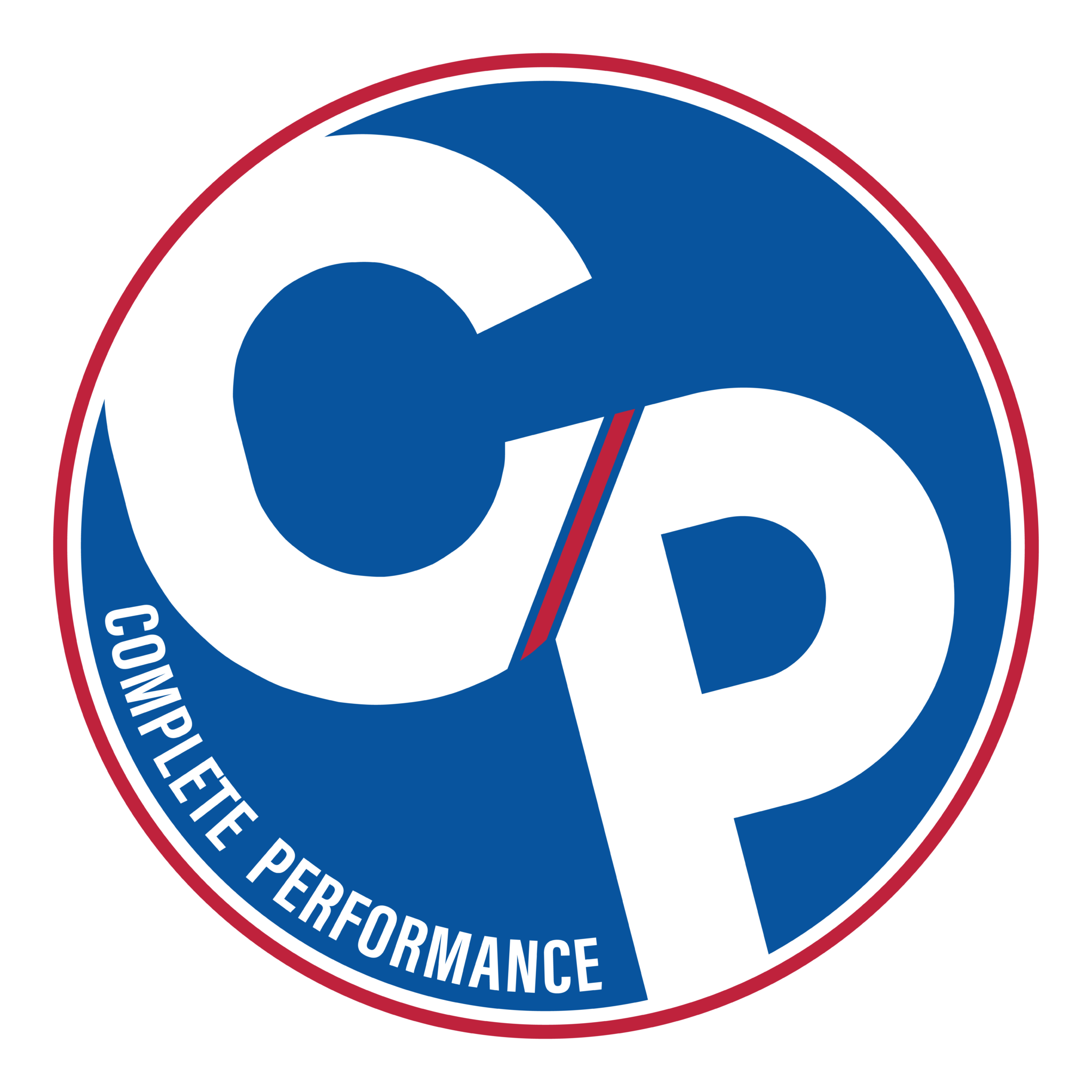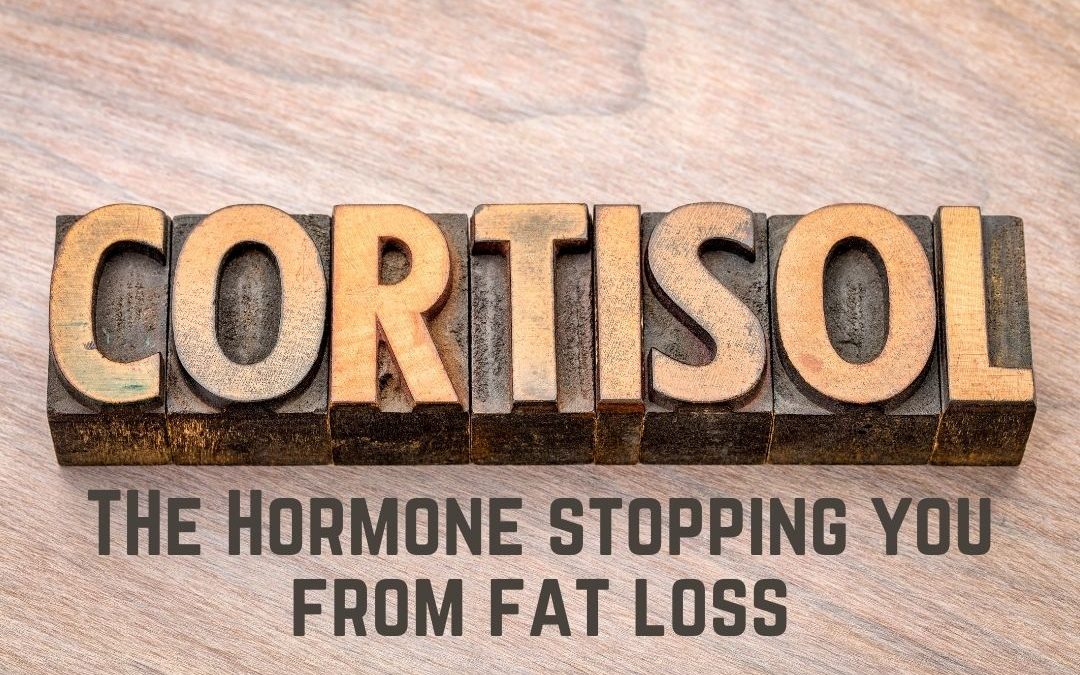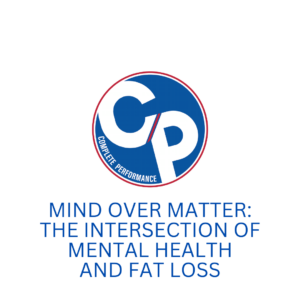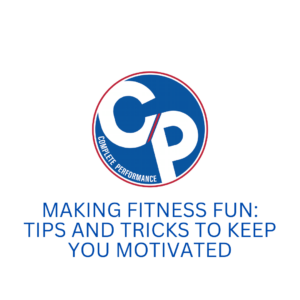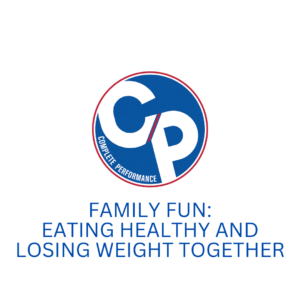Hey, my name is Jordan. If you’re new here and this if the first time you’re checking out my blog, I wanted to introduce myself. I’m a fitness and nutrition coach who helps individuals lose body fat and build muscle without restricting food by optimizing hormones and never emotionally eating again.
This blog was written to help you better understand one of the biggest hormones needing optimization – cortisol.
As humans, we’re stressed.
Like, we ordered stress in the SUPER, SUPER SIZED edition.
And when we get really stressed, fat loss becomes VERY difficult in large part due to one hormone – cortisol.
What Is Cortisol?
Before we dive into one of the most controversial hormones in the health and fitness world, we need to define it. Cortisol is defined as:
“A steroid hormone that regulates a wide range of process throughout the body, including metabolism and the immune response. It also has a very important role in helping the body respond to stress.”
In simpler terms, cortisol is a stress-based hormone that mobilizes energy throughout the body by converting stored energy into fuel.
Cortisol is made in the adrenal glands, and most cells in the body have cortisol receptors to contribute to functions like:
- Blood Sugar Regulation
- Inflammation Reduction
- Metabolism Regulation
- Memory Formulation
For your day-to-day life, I want you think of cortisol as your body’s built-in alarm system and the primary trigger for your body’s fight-or-flight response.
What Happens When Cortisol Is High?
This is quite the loaded question…
There are times where cortisol is high and it’s a VERY normal thing in the body.
However, there’s a fine line, and when cortisol is too high for too long, we run into issues. Here are some of the top symptoms of elevated cortisol levels:
- Weight Gain (Particularly in the Midsection and Face)
- Skin Issues (Acne, Easily Bruised, Dry & Cracked Skin)
- Muscle Weakness
- Fatigue & A Decreased Inability to Heal
- Irritability
- Difficulty Concentrating
- High Blood Pressure
- Headaches
All those things are going to really put a damper on your ability to knock out your day-to-day tasks, but how do we get there? How do you get high cortisol levels?
While there are some medical conditions and medications that can lead to elevated cortisol levels, the most common source of elevated cortisol levels for Americans is STRESS.
Stress, whether it’s from a tough day at a work, a hard workout, illness, or relationship stress triggers our fight-or-flight response (AKA elevated cortisol levels).
When your body faces stress, either good or bad, it prepares itself for potentially dangerous or harmful situations, which can be a lifesaving process. When the body’s always on edge and prepared to face a potential threat, your body turns off certain processes and can put your body at risk for some serious damage.
How Does It Impact Fat Loss?
This is really why you opened up this blog!
Cortisol plays a major factor in fat loss; therefore, balancing its production is critical for continual fat loss (and the maintenance of). Training too hard, pulling too far into a caloric deficit, and facing all of life’s stressors leads to elevated cortisol levels. If you remember from the section above, none of that is good for fat loss because it leads to weight gain in the midsection and inflammation.
How to NATURALLY Lower Cortisol:
If you want to successfully lose body fat, it’s important you learn how to lower cortisol levels.
Now, in today’s world there are hundreds of supplements that CLAIM to lower cortisol, but natural strategies are more effective and long-lasting. Check out these strategies for naturally lowering cortisol:
Sleep
Adequate sleep helps to keep your circadian rhythm in check, which in turn helps regulate our cortisol levels.
When it comes to cortisol levels, when, how long, and the quality of your sleep influences your cortisol levels. Abnormalities in any of those can lead to sleep deprivation, and as a result, elevated cortisol levels.
Get 7 to 8 hours of sleep per night.
Limit afternoon and evening caffeine consumption.
Do your best to stick to a consistent daytime and nighttime schedule.
Limit screen and light exposure at night.
Limit distractions and do something for yourself before bed.
Exercise Responsibly
Duration and intensity of exercise significantly impact cortisol levels.
Intense exercise increases cortisol shortly after exercise to help the body respond to the stress of training, and nighttime levels are decreased. On the other hand, low intensity exercise does NOT elevate cortisol levels following training and can lead to elevated cortisol levels at night.
Consistent exercise helps to regulate cortisol levels throughout the day, so creating a habit of exercise is great for the body.
On top of consistent exercise, it’s suggested you alternate or undulate your training intensities. If you’re only training at high intensities, we’re always pushing the button on sympathetic activity, which limits one’s ability to recover and build muscle. Fluctuations in your training intensities is the top recommendation for managing cortisol as it relates to training.
Reduce Processed Foods
Processed foods are HARD on the digestive tract.
Sugar intake is the classic trigger for cortisol release; therefore, regular intakes of sugar can in turn keep cortisol levels elevated. The interesting piece to this is that a consistent sugar intake reduces the amount of cortisol released when facing a real-life stressor.
Outside of sugar, processed foods put the body through more strains during the digestion and nutrient absorption process. When the body is not familiar with certain combinations or chemical compounds, it slows the process down OR just passes the item through the body without absorbing any of the nutrients.
It’s not to say avoid ALL processed foods but keep your diet 80% high quality and 20% foods you enjoy.
Stress Awareness
The thing with cortisol is that its release is triggered on the PERCEPTION of stress. Your body doesn’t even need to face anything physical; it just has to think it MIGHT.
If you’re serious about reducing your cortisol levels, it starts with building stress awareness. If you’re able to better recognize your thoughts, breathing, heart rate, and other signs of tension, you can defend against and calm your body and reduce cortisol release.
Do a daily assessment.
Weekly.
Monthly.
Check in with yourself to build awareness of stressful situations, events, and relationships so you can discover strategies to calm yourself and manage your stress.
Relax & Have Fun
It’s not new that we live in a fast-paced society.
If you’re anything like me, you’re ALWAYS on the go.
Unfortunately, that’s REALLY bad for our cortisol levels.
Do you know what’s worse?
The fact that the only way to reduce stress is by relaxing… (Which is something we Go-Goers are AWFUL at!).
Now, I’m not at all telling you to just lie around and skip out on your life’s responsibilities; however, I am telling you that something needs to change.
Are you tired of feeling fluffy around the belly and never being able to lose that stubborn body fat?
Are you tired of always feeling tired? Of always blowing your diet because you give into your cravings?
Then it’s time to make a change.
Make time for yourself and honor it as your most valuable appointment.
Schedule time for relaxation through hobbies, family time, and rest.
Because until you make this change, you will ALWAYS be stuck in these “Too tired’s.”
Look, cortisol isn’t a negative hormone, but it is a hormone that WEARS on our body.
But the good news is that it’s something in OUR CONTROL.
Manage your stress, balance cortisol naturally, and see the results.
If you want a firsthand look at how to lower your stress levels, check out our 21-Day Stress-Free Fat Loss Challenge.
Here are some offerings of our challenge:
- A proven system to lose the stubborn body fat, comfortably fit into your summer clothes, and finally achieve the results you desire.
- The secret to building lean muscle without hours in the gym or slaving away on the treadmill.
- The exact framework I use with my coaching clients to help them achieve life-long results without extreme dieting or hours of cardio.
21 Days includes workouts, nutrition coaching, accountability, and group and individual calls.
Oh, not to mention a $250 cash prize for the winner.
About The Author
Jordan Davies is the Co-Owner of Complete Performance. Jordan has her B.S. in Exercise Science and Psychology, and her M.A. in Holistic Health Studies. She is a CSCS certified strength and conditioning coach, and a PN-1 and NCI-1 certified nutrition coach. She loves to study how the human body needs to be moved and nourished and making that fit to your unique lifestyle. Click Here Now to Apply for Coaching with Jordan.
